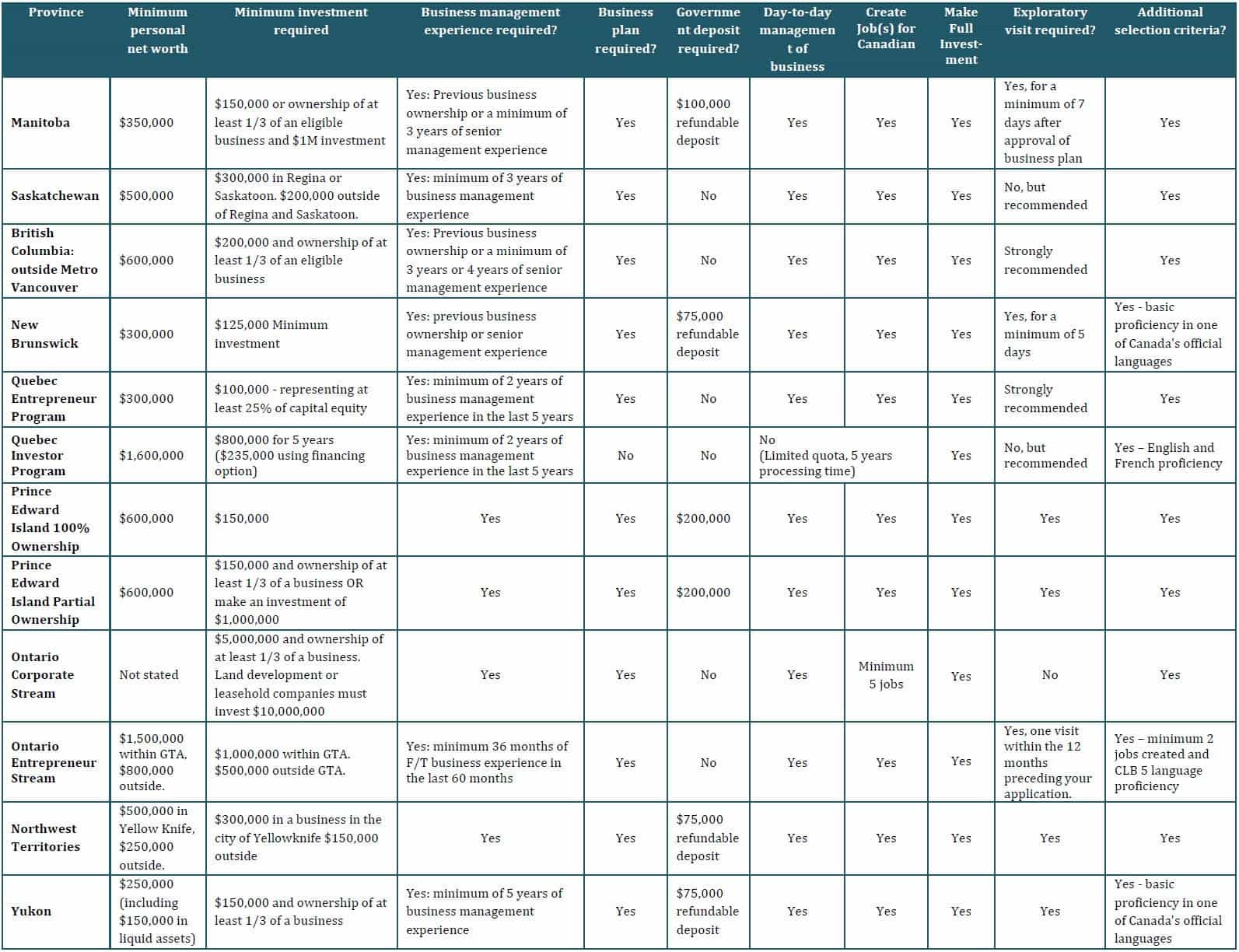Canada welcomed 471,550 new permanent residents in 2023
Recent data from Immigration, Refugees, and Citizenship Canada (IRCC) shows that Canada exceeded its target for the number of permanent residents it planned to welcome in 2023.
According to the most recently available IRCC backlog data, the department welcomed 471,550 new permanent residents in 2023. This is an increase of 33,950 over 2022’s 437,600.
The number exceeds the target for 2023 in the Immigration Levels Plan 2023-2025, which planned to welcome 465,000 permanent residents. The department considered candidates from Express Entry programs, the Provincial Nominee Program (PNP) and their spouses, partners and children.
Discover if You Are Eligible for Canadian Immigration
IRCC also posted the figures for the number of temporary residence applications it finalized. Note that these numbers represent the number of final decisions made on candidate applications and some among them are rejections.
Work Permits: 1,646,300 applications were finalized including extensions, an increase of 503,330 over 2022. This includes applications through both the Temporary Foreign Worker Program and the International Mobility Program.
Study permits: 1,089,600 study permits were finalized including extensions. In 2022, IRCC processed 917,900 final decisions on study permits, a year-over-year difference of 171,700.
Finally, IRCC data shows that 293,000 newcomers became Canadian citizens between April 1 and December 31,2023, an increase of 13,900 over the same period in 2022 (279,100).
Immigration Levels Plan
The number of new permanent residents welcomed in 2023 shows that IRCC is on track to meet its target of 485,000 in 2024.
Over the following two years, 2025 and 2026, IRCC plans to welcome 500,000 new permanent residents.
Every year, IRCC releases the Immigration Levels Plan for the next three years. The Plan sets targets for permanent resident admissions to Canada. It does not set targets for temporary residents such as those on a work or study permit.
IRCC does not cap the number of permanent residents who can be admitted to Canada or have their applications processed.
However, on January 22 IRCC introduced a cap on the number of study permits it will issue in 2024. The department says it will issue just 360,000 new study permits, although there is no cap on the number of permit renewals or for new permits for students at a graduate level of studies.
Further on February 1, the department published ministerial instructions saying that it would limit the number of study permit applications processed to 606,250.
IRCC’s current backlog
As of December 31, 2023, there were 2,221,100 applications in inventory at IRCC. Of those, 949,500 were in the backlog.
IRCC has a mandate to process 80% of immigration applications across all lines of business within service standards, or the length of time that the department has mandated it should take to process an application.
Service standards vary depending on the type of application. For example, Express Entry applications have a service standard of six months and family class sponsorship applications can take 12 months.
Applications that are not processed within service standards are considered in backlog.
Throughout 2022, IRCC IRCC finalized over 5.2 million applications across all lines of business
Permanent residents
Among the total number of applications in inventory, IRCC has 702,000 permanent residence applications in inventory with a backlog of 308,900. This means that 44% of all permanent residency applications currently in inventory have not been processed within service standards.
Temporary residents
The same data shows that there were 1,257,000 applications in inventory for work permits, study permits and temporary resident (visitor) visas. Of these, 590,800 applications are considered in backlog.
IRCC breaks down the data further and shows that as of December 31, 2023, 61% of visitor visa applications were in the backlog. This contrasts with the 18% of study permit applications in the backlog. Data on work permits shows that 49% of applications were also in the backlog.
Citizenship applications
As of December, there were 262,100 citizenship applications in inventory. Of these, 49,800, or 19% were in the backlog.
How IRCC is working to reduce the backlog
The department says that measures introduced over the past several months are helping to reduce the backlog. It cites the prioritization of processing work permit applications for healthcare and agriculture workers and the creation of Canada’s tech talent strategy, which expedites processing for many foreign workers with experience in in-demand tech occupations.
IRCC also says the creation of an online portal for some permanent residence applications, as well as online application status trackers are helping to speed up processing.
Further, the department has launched an online process for citizenship applications for those over 18 years old. Applicants may now also complete citizenship tests online and participate in virtual citizenship ceremonies.















